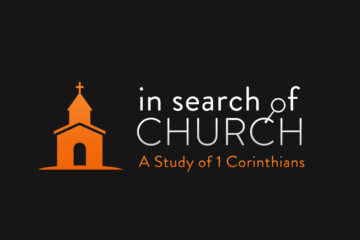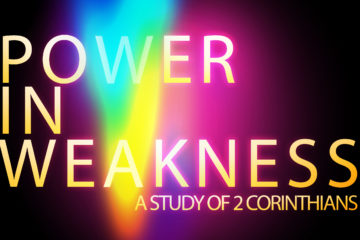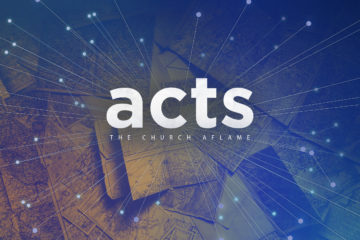This Weeks Text: Zephaniah 1:1-6
The book of Zephaniah is the Savior’s summons to satisfaction. At it’s heart Zephaniah is “the word of the LORD” cast as a prophetic oracle of exhortation motivated by messages of warning and hope. The book varies its addressees between the members of the remnant community and the collective city of Jerusalem. When addressing Jerusalem the book speaks to the city’s corrupt and pre-punishment state on the one hand and its purged rescued and transformed state on the other. Throughout the Prophets the phrase “day of the LORD” often refers to God’s final and decisive move to execute justice and reestablish right order in the world. The phrase also points to any number of historical foretastes of this ultimate day wherein the Lord punishes on a smaller scale in anticipation of the full onslaught of his wrath. Peter declared that “all the prophets” foretold Christ’s sufferings and subsequent glories including the glories seen in and through the church. Zephaniah never explicitly predicts the messianic deliverer instead highlighting how far Judah’s sin had distanced them from that hope. Nevertheless when we read it in light of the rest of Scripture we see Zephaniah anticipating the Messiah and his mission in at least two ways: (1) Zephaniah portrays the day of the Lord as God’s sacrifice by which he satisfies his wrath and gains victory over evil. The biblical authors apply the images of both sacrifice and victory to Christ’s first and second comings. (2) Zephaniah envisions the church age wherein Christ’s death initially fulfills Zephaniah’s vision of Yahweh’s day of wrath against sinners and inaugurates the multiethnic gathering of worshipers in the presence of the King. A key purpose of the book of Zephaniah is to exalt Yahweh God as the sovereign judge and supreme savior who deserves everyone’s reverence.



